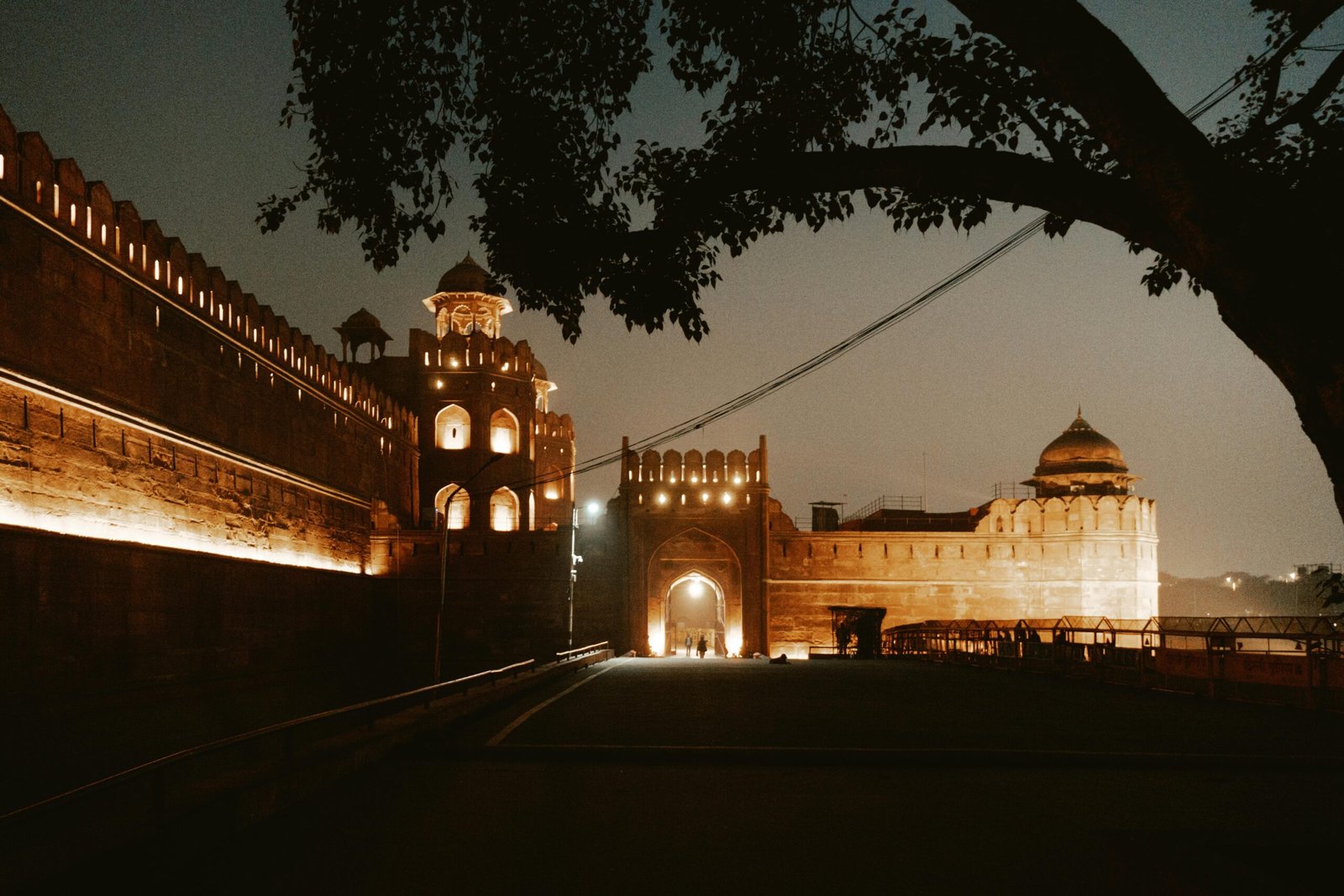The Ongoing WordPress Saga: A Closer Look at the Legal Battle
In recent months, a heated controversy has erupted within the WordPress community, centered around a legal battle between WordPress co-creator and Automattic CEO, Matt Mullenweg, and WP Engine, a major hosting provider for WordPress sites. As this dispute unfolds, the stakes are high for both parties involved and the wider WordPress community.
WordPress, renowned for its open-source technology that powers approximately 40% of all websites, offers users two options: host their own instance or rely on service providers like Automattic or WP Engine. The conflict began in mid-September when Mullenweg publicly criticized WP Engine, labeling it a “cancer to WordPress” for allegedly failing to contribute adequately to the open-source project and causing confusion with its branding.
- Mullenweg accused WP Engine of trademark infringement.
- WP Engine countered with allegations of extortion and interference.
- The WordPress community has expressed concerns over governance and accountability.
“The web needs more independent organizations and diversity. 40% of the web should not be controlled by any one individual.”
— John O’Nolan, Founder of Ghost
Amidst this legal clash, both companies took drastic actions. WP Engine sent a cease-and-desist letter to Mullenweg, claiming fair use of the WordPress trademark. Meanwhile, Automattic responded in kind, alleging trademark misuse by WP Engine. The situation escalated when Mullenweg banned WP Engine from accessing key resources on WordPress.org, disrupting numerous websites and raising security concerns.
The WordPress Foundation updated its Trademark Policy page to clarify trademark guidelines and called out WP Engine for potential user confusion. In response to the backlash from the community, temporary access was restored by WordPress.org until October 1. However, tensions remained high as WP Engine made changes to its branding to address trademark disputes.
As the conflict continued into October, notable voices in the tech world weighed in. Ruby on Rails creator David Heinemeier Hansson criticized Automattic’s actions as contrary to open-source principles. On October 12, WordPress.org took control of a critical plugin previously maintained by WP Engine, further intensifying the standoff.
Despite attempts at resolution and a court-ordered preliminary injunction in December restoring some access rights to WP Engine, the broader WordPress community remains unsettled. Developers express fears over potential implications on commercial open-source projects.
“Automattic is completely out of line…the potential damage to the open source world extends far beyond WordPress.”
— David Heinemeier Hansson
The legal proceedings have led to significant organizational changes within Automattic and WP Engine. In January 2025, Mullenweg announced reduced contributions to collaborative efforts within the community, opting instead to focus on Automattic’s proprietary projects and ongoing litigation.
This ongoing saga underscores critical discussions around governance in open-source ecosystems. As new developments continue to unfold, stakeholders are advocating for a federated approach to ensure no single entity wields excessive control over WordPress.
“WP Engine has no choice but to pursue these claims…to protect its people, agency partners, customers, and the broader WordPress community.”
— WP Engine Statement
The future remains uncertain as both companies prepare for further court battles and navigate their roles within one of the internet’s most influential platforms.



